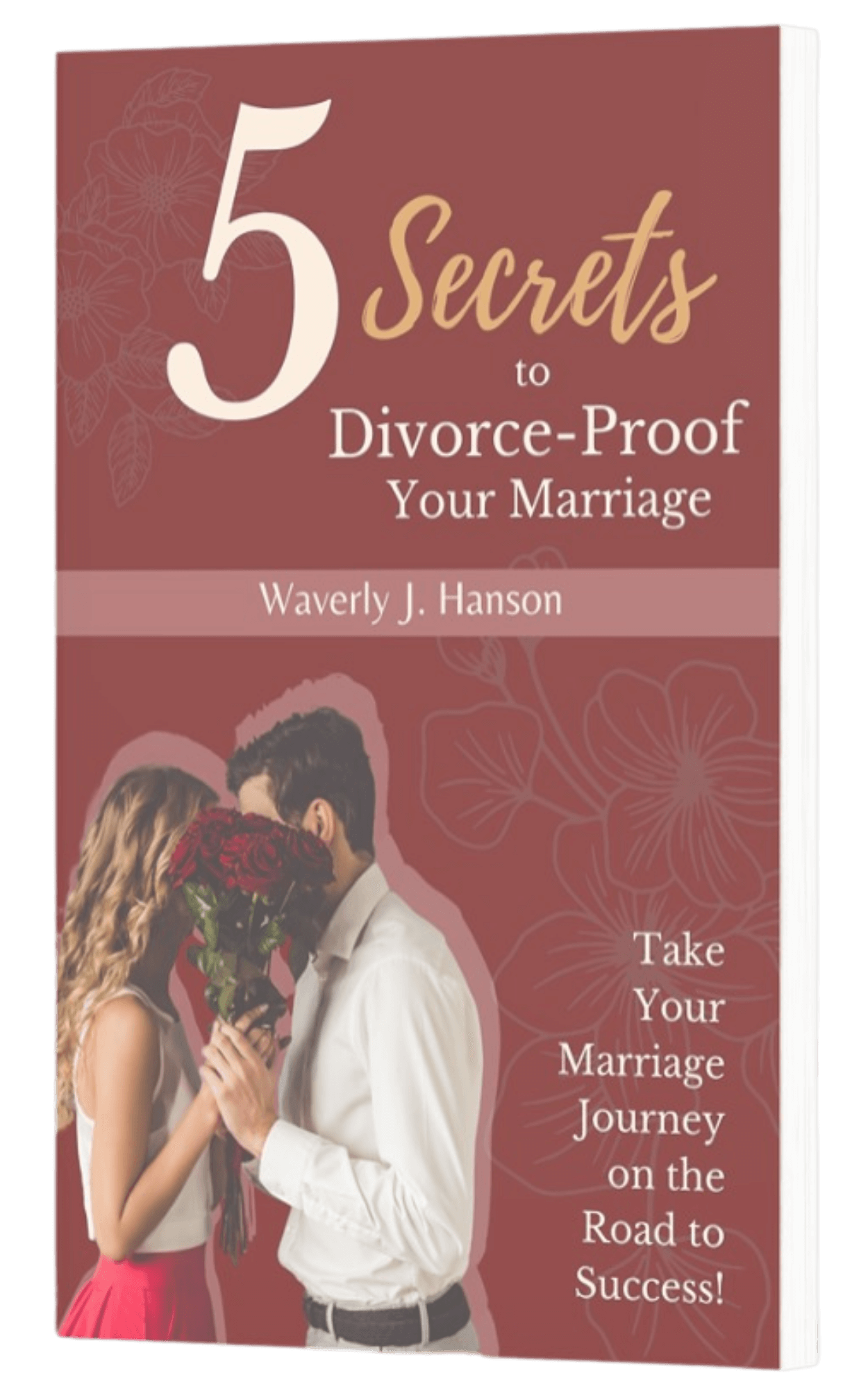How do you react when you are upset about your life or your marriage? The majority of couples or individuals say things like, I want my marriage to work; or state I want help for my marriage or I want to improve my marriage. The title of this article seems to be a common wish among you men who ask, how to save my marriage without talking about it?
Today I’d like to share several ideas that work. There is little talking involved in the use of these practical tools.
The reason I asked the question above, how do you react when you are upset about your life or your marriage, is to begin to help you focus on things you can do that work without discussion.
By far the majority of you are probably living your lives on autopilot! So your first assignment is as follows:
1. Notice your own behaviors and thoughts. Take note either mentally and/or in writing of how you currently are behaving in various settings with your spouse.
Avoid being critical or judgmental of yourself or your spouse, but just observe. If you want to act more kindly or graciously toward yourself and others, just noticing and being aware is enough to actually change it. (If you judge yourself or berate yourself, you actually can reinforce the behavior you would like to change.)
2. You may have the false belief that circumstances are causing you to feel upset or frustrated. Upon further reflection, you will notice you were already upset before that event occurred.
An example would be driving in heavy traffic. If you are feeling calm and at peace, a driver could cut in front of you and you barely notice. You shrug it off and allow the other car in front of you.
However, on a day when you are already not in a good place, your reaction will be much stronger and more negative.
You and I seem to automatically assume that the circumstances are to blame for our upsets rather than accept that we were already primed to react.
3. Upsets can be just a grumble or an explosion. When you blame something outside of yourself it promotes recurring upsets.
When you have had a bad day at work or a frustrating day with the children at home, when you meet your spouse at the end of the day, it is unfortunately easier to be short with him or her as if they are the cause of your upset.
4. The wonderful news is that as you grow in your own awareness of how you are living, without judgment toward yourself, others or situations, these upsets will begin to lose their power over you and with practice you will become free of them. You will find it easier to let them go as just part of life and accept them as no big deal.
My original question of how you act out when you are upset is still on the table. Do you swear, yell, say bad hurtful things and throw objects or do you get quiet and withdrawn? Do you blame people or circumstances for how you feel as if they are somehow responsible for your own bad feelings?
Write out some of your problems and toss in a waste basket, think about a happy memory, imagine your troubles swirling down the drain with the shower or bath water, fake it until you make it by smiling anyway. Scientific studies are showing that you can actually make yourself feel better by actually smiling! Take a deep breath, smile and tell yourself for the next few minutes you’re going to pretend you feel fine.
I have another very important reminder for you and I. This reminder is that if we do say hurtful words with or without thought, when we also use those I am so sorry words with sincere meaning and very quickly, we can usually make things good again!
Following are tips to help strengthen your marriage. But first, check out my products related to marriage health.

From a book The Courage to Be Yourself, by Sue Patton I really love the way the author explains a very similar concept from another perspective.
Her book is available on Amazon.
She calls these Steps Toward Transformation:
- AWARE – Become aware of your dragons and fears
- ACKNOWLEDGE – Invite your dragons into the light or take a dragon to lunch!
- ACCEPT – Feelings are not right or wrong; they just are
The similar idea is that you follow the three steps above…
PAUSE You wait before you act. Give yourself time to assess your feelings. A pause is especially effective during heated conversations.
COMPARE your Options: Remember how you have reacted in the past. Is that appropriate now, or would you rather choose deliberate, creative, healing.
CHOOSE This step is crucial! By pausing, you’ve taken yourself off autopilot. So you are not just reacting to people, situations or inner feelings. You are choosing your course of action in whatever direction seems best.
- Have these reactions worked in the past?
- Do I feel better when I react in these ways?
- Is our relationship better after I’ve gone through the old, familiar reactions?
Usually the answer will be a BIG NO!
Do I still want to react this way?
So again, if you are asking questions such as, I want my marriage to work; or state I want help for my marriage or I want to improve my marriage, or How to save my marriage without talking about it.

Waverly Hanson
Marriage Counselor & Author
In my personal life, I have had a long successful marriage and have remarried following my husband's death. I have had three sons and helped raise a niece for three years and have seven grandchildren. I have loved spending time with them as they were growing up.
I also enjoy getting together with family and friends, ATVing in the mountains, photography, hiking, and traveling. I also enjoy reading, creating art, decorating, and serving others by volunteering.
Assisting couples in rebuilding their marriages has been so rewarding as I've had the privilege of seeing hundreds of couples reunite and get back to being positively connected to one another.
I also work with personal development and those who want to move forward by making positive improvements such as goal setting, self-care, boundaries, behavioral improvements, overcoming procrastination, conflict management, etc.

